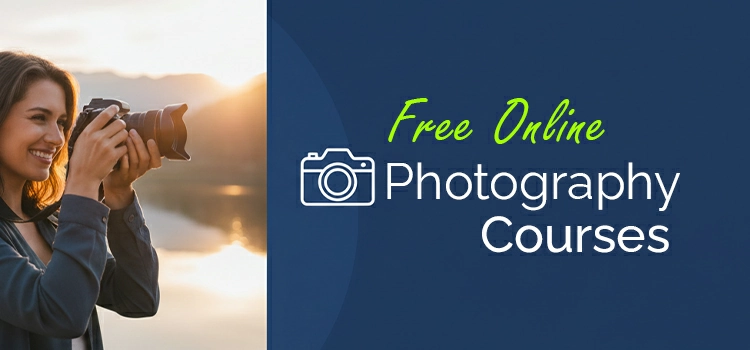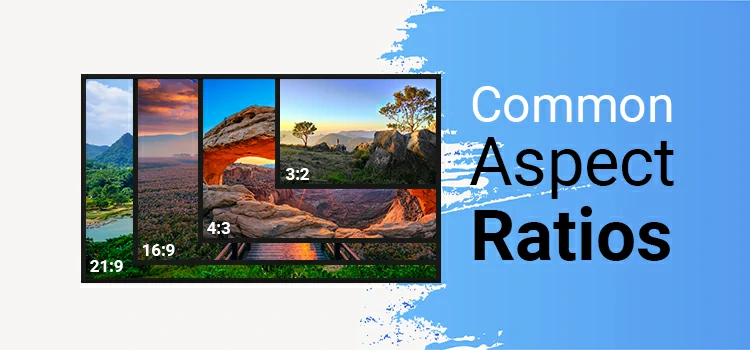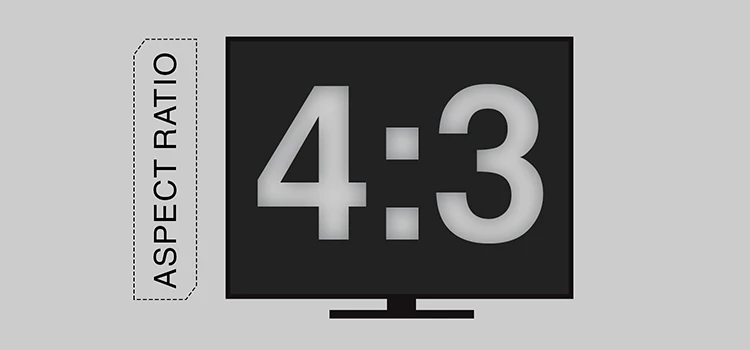How Much Do Photographers Charge?

When planning an event, photoshoot, or capturing memories, you might first wonder, “What does a photographer cost?” Fees vary widely based on several factors.
Know a photographer’s prices if you need wedding photos, portraits, or commercial work. This helps you budget and avoid surprises. This post explains what affects photography rates and offers a glimpse into the costs of different services.
Factors Influencing Photography Rates
Several factors influence how much a photographer charges. Here’s an overview:
Experience and Reputation: Experienced photographers with a good reputation charge more. Their pricing reflects their portfolio, client reviews, and industry awards.
Location: A photographer’s location greatly affects their prices. Those in big cities or popular spots charge more. This is due to higher demand and living costs. Meanwhile, photographers in smaller towns tend to have lower rates.
Photography Style: Photography styles such as traditional, candid, and editorial differ in complexity and creativity, impacting their prices. Unique or specialized styles tend to be more expensive.
Type of Photography: The type of photography you choose—wedding, portrait, commercial, or others—greatly affects the price. Each genre has unique demands and expectations, causing cost differences.
Time and Duration: The length and coverage needed for the photography session directly affect the cost. Longer sessions or events needing more coverage will be pricier.
Post-Processing: Editing and retouching photos take time. The amount of needed work affects the price. Photographers who edit extensively or include digital files and prints often charge more.
Equipment and Assistants: The equipment’s quality, complexity, and need for more team members can raise costs. Typically, expensive gear and extra staff lead to higher rates.
Average Photography Rates by Genre
It’s helpful to break them down by genre to understand photography rates.
Wedding Photography

From coast to coast, wedding photo prices vary. Couples often shell out $2,000 to $5,000, sometimes more, depending on where they tie the knot. Local and national trends shape these costs, creating a diverse market for capturing matrimonial memories.
Most wedding packages include a pre-wedding shoot, all-day coverage, an album, and sometimes engagement photos. Prices vary based on coverage time and the photographer’s experience.
Portrait Photography

Portrait photography prices differ by session type. Family, individual, and newborn shoots typically cost between $150 and $500. However, top photographers may charge more.
Studio sessions may cost a bit more than outdoor ones. This is due to the use of controlled lighting and backgrounds.
Event Photography

Event photography costs vary. Most pros charge $100-$300 hourly, scaling fees based on event duration. Corporate functions, parties, and live gatherings all fall within this pricing range.
Packages vary from half to full days, often at reduced rates. Pricing fluctuates based on event intricacy and guest count. Discounts may apply for longer bookings or larger groups.
Commercial Photography:

Commercial photography rates vary widely. They depend on the type of work. Branding, product, and real estate photography have different demands. Rates can range from $500 to thousands. This depends on the project’s scope.
Licensing and image usage rights are crucial in setting prices for commercial photography. They dictate the images’ usage and locations.
Other Photography Services:
Headshot sessions typically range from $150 to $300. In contrast, specialized photography, like boudoir or pet shoots, starts at about $250. Prices vary based on the photographer’s skill and session needs.
Additional Costs to Consider
When budgeting for photography, account for extra costs beyond the base rate.
Travel Expenses: If your photographer travels far, they might charge for travel. This includes mileage, lodging, and meals, especially for destination events or remote shoots.
Overtime Fees: Photography sessions, especially weddings and corporate events, often run long. Many photographers charge extra if you go over the agreed time. They typically bill this extra time by the hour, so costs can quickly add up.
Prints and Albums: Many photographers include digital files in their packages. However, physical prints, photo books, and albums usually cost extra. Prices for these items vary based on size, quality, and number of images.
Rush Fees: For quick photo editing and delivery, some photographers offer expedited services for an extra fee. This rush fee covers the extra time and effort needed to prioritize your project.
How to Budget for Photography Services
Budgeting for photography can be tough. But, with some steps, you can plan well. This will help you get quality work without overspending.
Setting a Realistic Budget: First, set a budget for photography. It should be part of your overall budget for the event or project.
Consider how important photography is to you. It may be for a once-in-a-lifetime moment, like a wedding. Or, you may need professional images for your business. This will help you allocate an appropriate amount.
Negotiating with Photographers: Some photographers have fixed prices. Others may negotiate, especially for off-peak or longer bookings.
Clearly state your budget early on and check for flexibility in packages or services. However, be realistic. Quality photography costs more, and big discounts may lower quality.
Comparing Quotes: Don’t pick the first quote you get. Contact several photographers for quotes. When comparing, consider more than just price.
Consider the package, the photographer’s experience, and style. Often, cheaper doesn’t mean better value. It might miss key services or quality.
Tips for Finding the Right Photographer Within Your Budget
Finding an affordable photographer can be challenging. Yet, with the right approach, you can secure quality services at a low cost. Here are some tips:
Research and Recommendations: First, search for local photographers or those suited for your event. Then, check reviews, testimonials, and portfolios online.
Next, ask friends, family, or colleagues for recommendations. They might know someone who offers quality work within your budget.
Portfolio and Style Match: Make sure the photographer’s style matches your vision. Review their portfolio if you want candid, traditional, or artistic photos. This ensures their work aligns with your needs. A good match is crucial for desired results.
Communication and Transparency: Good communication is vital with a photographer. First, share your budget. Then, request a detailed cost breakdown.
Ensure no hidden fees and understand the package fully. Early transparency prevents future misunderstandings.
To Conclude
In conclusion, knowing photographers’ fees and their effects is vital for a smart choice. This is key for weddings, portraits, or business projects. It helps you budget and ensures you get the desired quality.
When budgeting, include travel, overtime, and print costs. Also, compare photographers to find the best match for your needs and budget. Prioritize quality and be clear about your expectations. This approach helps you find the perfect photographer for your important moments.







